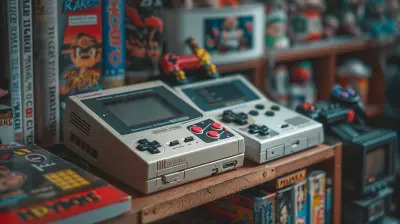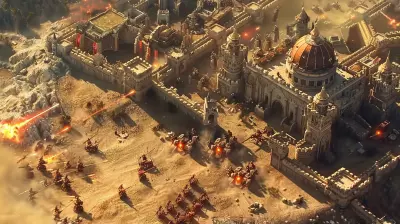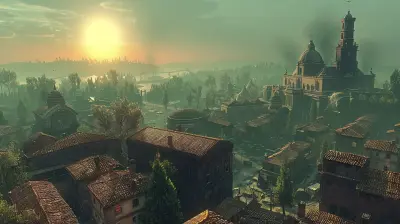How Progression Keeps Players Coming Back
4 August 2025
Ever find yourself booting up the same game night after night, just to chase one more level, snag that next piece of gear, or unlock a shiny new ability? You're not alone. Whether you're grinding out levels in an RPG, climbing the ranked ladder in a shooter, or just collecting stars in a cozy platformer, the reason you keep coming back often boils down to one simple word: progression.
But what exactly is progression in video games, and why is it such a powerful hook? Let’s dive deep into how this seemingly simple concept keeps players glued to their screens—and wallets—and why it’s become the secret sauce behind many of the most addictive games on the market.

What Is Progression in Games Anyway?
At its core, progression is the feeling that you're moving forward. It’s the idea that your time spent in-game actually means something. In games, this usually translates to:- Leveling up characters
- Unlocking new gear, abilities, or content
- Completing story missions or achievements
- Improving personal skills or rankings
Think of it like climbing a virtual staircase. Every step you take, every obstacle you overcome, adds to your sense of accomplishment. Unlike real life, where progress can be slow or uncertain, games offer a clear and often rewarding path forward. That’s a powerful feeling—and one we’re hardwired to crave.
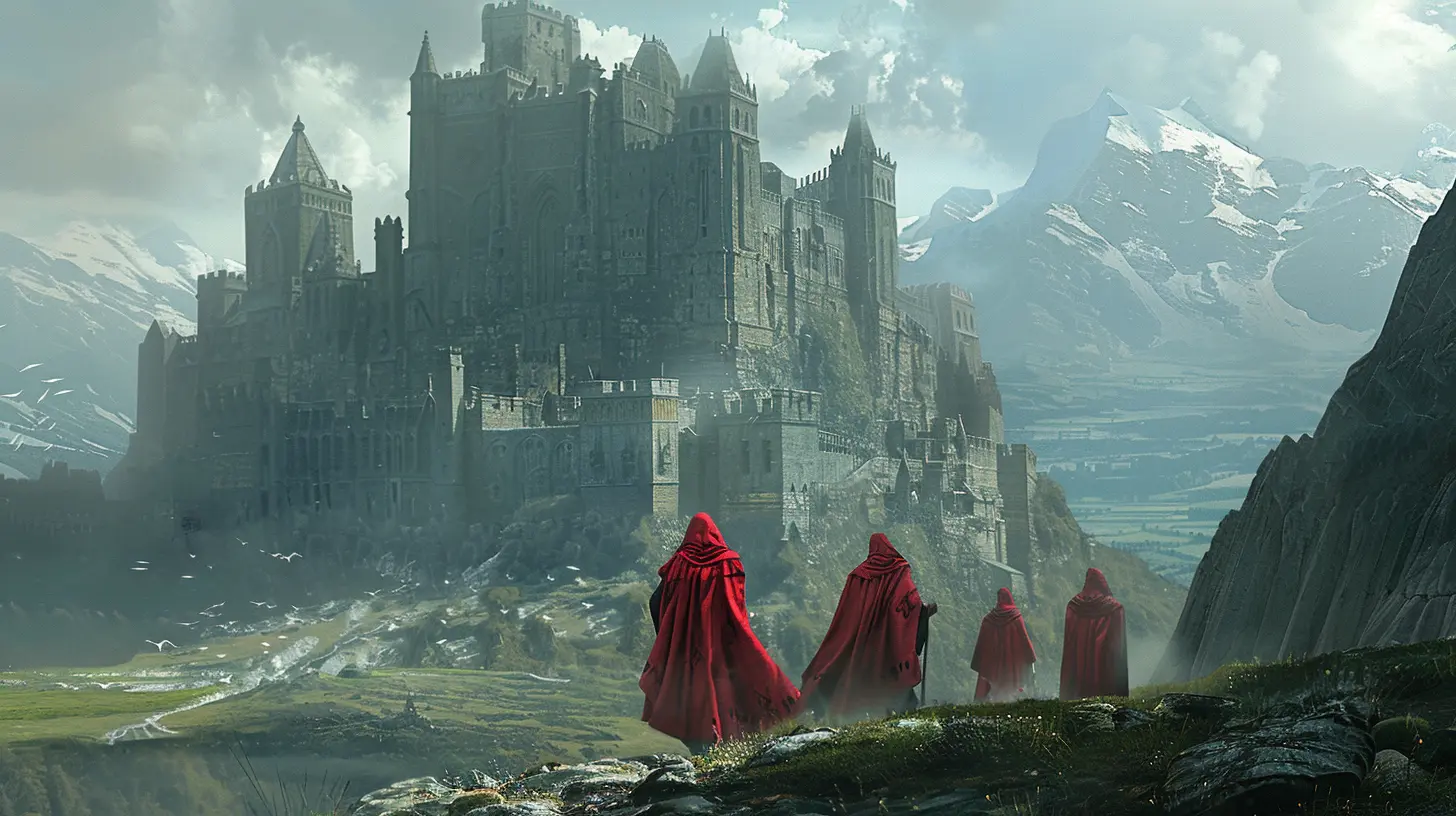
The Psychology Behind the Progression Addiction
So why does progression feel so good? Blame our brains.When you achieve something in a game—like defeating a tough boss or reaching a new level—your brain releases dopamine, the chemical associated with pleasure and reward. It’s the same rush people get from finishing a workout, getting likes on social media, or ticking something off their to-do list.
Game developers know this, and they design progression systems to keep that dopamine drip-feeding. It’s almost like a slot machine, but instead of gambling, you're investing time and effort. And unlike gambling, you're often guaranteed a reward eventually—if you just keep playing.
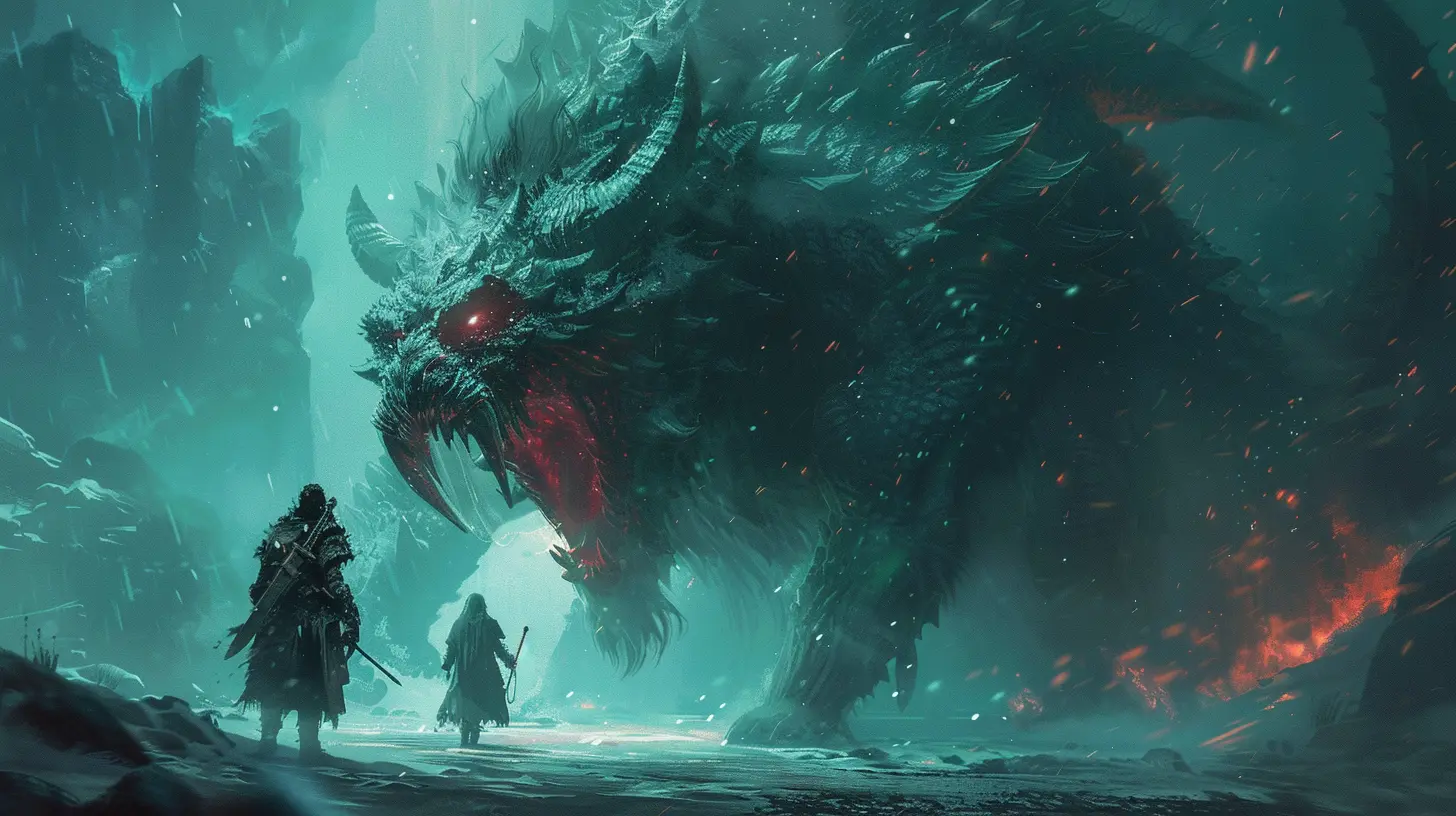
Types of Progression That Hook Players
Not all progression is created equal. Different types appeal to different player motivations. Here's a breakdown of the most common forms:1. Experience and Leveling Systems
You’ve seen it a hundred times: kill enemies, complete tasks, earn XP, level up. It’s simple, effective, and incredibly motivating. Leveling up makes you stronger, grants new abilities, and is often the gateway to cooler gear and areas.It’s like growing your own digital superhero, and every session feels like a workout for your virtual self.
2. Unlockables and Rewards
From new skins to secret levels, unlockables tap into our inner collector. They give us a reason to explore every nook and cranny and try out different challenges.Some games tie these rewards to specific milestones, others to random drops. Either way, the promise of something shiny just around the corner keeps players grinding.
3. Story Progression
For narrative-driven games, story is the ultimate carrot. You want to know what happens next. The suspense, the cliffhangers, the emotional payoffs—these are the reasons players keep pushing forward.Games like The Last of Us or God of War masterfully combine engaging gameplay with compelling storytelling to keep players hooked.
4. Skill Progression
This is all about getting better at the game itself. Think of competitive games like Rocket League or CS:GO. You may not unlock new abilities, but your own reflexes and strategies evolve over time. That improvement feels just as satisfying as any loot drop.It’s personal growth—digitally measured.
5. Cosmetic and Social Progression
Sometimes, it’s not about being better—it’s about looking better. Cosmetics, skins, and vanity items let players show off their dedication and style. In multiplayer games, these visual upgrades can be status symbols, signaling experience or prestige.And let’s be real, who doesn’t want to look like a boss in front of their squad?
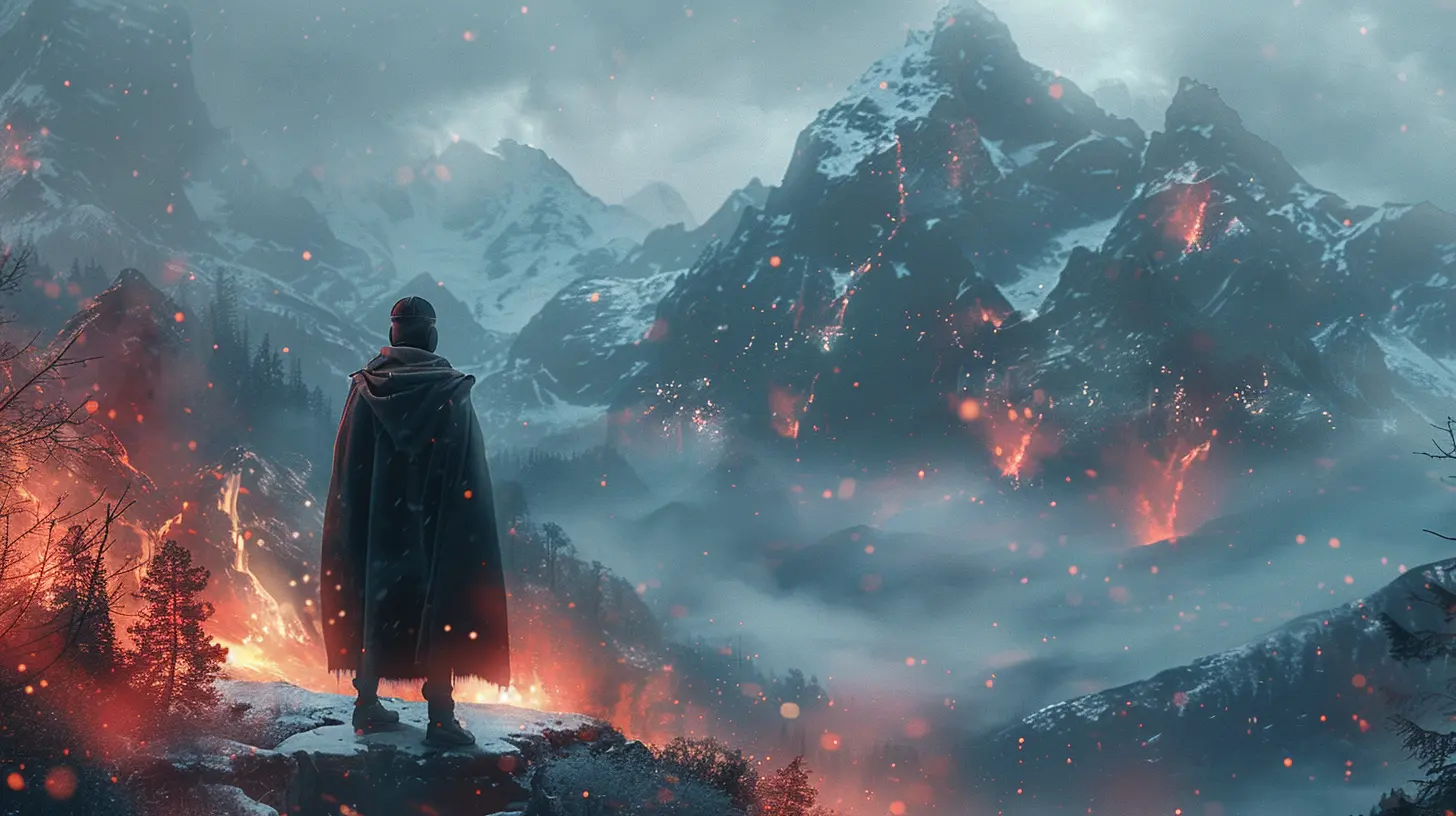
The Progression Loop: Why It’s Hard to Put the Controller Down
Good games build a satisfying progression loop—a cycle that feeds back into itself and keeps you playing:1. Goal Setting – A mission, challenge, or objective gives you direction.
2. Work Toward the Goal – You play, grind, and improve.
3. Reward – You reach your goal and get something cool.
4. New Goal Appears – The game dangles a new carrot.
And so, the cycle continues.
This loop is so effective because it mirrors real-life motivation systems—only faster. Instead of waiting months for a promotion, you can level up in 30 minutes. It’s like instant gratification, in manageable bites.
Progression in Different Game Genres
Let’s break down how various genres use progression to keep players coming back:🔹 RPGs (Role-Playing Games)
These are the kings of progression. Character levels, branching skill trees, epic loot—every action in an RPG feeds into your sense of development. Games like Skyrim or Witcher 3 master the slow burn of becoming an unstoppable force.🔹 Shooters
While twitch reflexes rule in FPS games, progression systems like weapon unlocks, ranked ladders, and killstreak rewards add long-term motivation. Call of Duty’s prestige system is a perfect example. Even after reaching max level, players reset voluntarily just for the grind.🔹 Mobile Games
Mobile games are masters of micro-progression—quick hits of reward for minimal effort. Timers, daily rewards, and gacha systems keep players checking in regularly. The progress is slower, but the constant trickle adds up.🔹 MMOs
Massively Multiplayer Online games like World of Warcraft are basically progression playgrounds. From gear scores and raid achievements to reputation grinds and crafting systems, MMOs offer layers upon layers of advancement.🔹 Roguelikes and Indie Hits
Games like Hades or Dead Cells prove that you don’t need traditional leveling to make progression satisfying. Even with permadeath, players unlock better gear or abilities over time. It’s about small wins and permanent upgrades that make each run feel worthwhile.
The Danger of Progression: When It Becomes a Grind
Here’s the flip side. Not all progression is fun. Some games cross the line into pure grind territory—stretching out tasks to keep you playing (and paying) longer. We’ve all been there: repeating the same boring mission 20 times just to get that one rare item.This is where progression systems can backfire. If players sense that their time isn’t being respected—or worse, manipulated—they’ll bounce.
That’s why balance is key. The best games strike a fine line between effort and reward. Too easy, and you lose interest. Too hard or slow, and it feels like a chore.
How Game Devs Design for Long-Term Engagement
Game developers now invest as much time crafting progression systems as they do designing levels or mechanics. The reason? Long-term player retention.Here’s how they do it:
- Daily and Weekly Challenges – These encourage regular check-ins.
- Season Passes and Battle Passes – Time-limited rewards motivate consistent play to avoid missing out.
- Visible Milestones – Progress bars, levels, and achievements show how far you’ve come.
- Feedback Systems – Little dopamine hits like confetti, sounds, and animations reinforce success.
Progression isn’t just a background system anymore—it’s front and center.
Modern Trends: Live Services and Evolving Content
Games aren’t just one-and-done anymore. With live-service models, developers keep adding new content post-launch—more levels, more gear, better cosmetics. This continuous drip of progression makes players feel like there's always something new to work toward.Think Fortnite, Destiny 2, Apex Legends—these games thrive on evolving progression paths that evolve with the player base.
Final Thoughts: It’s All About the Journey
At the end of the day, progression isn’t just about the finish line—it’s about the ride. Whether you're stacking up killstreaks, unlocking new lore, or simply getting better at a game you love, progress gives meaning to your playtime.It makes every session feel worthwhile.
And that’s why we keep coming back. Not just for the win, but for the little wins along the way.
So next time you find yourself saying, "Just one more match" or "One more mission," remember—it’s probably that clever little progression loop pulling you back in. And honestly? That’s not always a bad thing.
all images in this post were generated using AI tools
Category:
Game ProgressionAuthor:

Avril McDowney
Discussion
rate this article
2 comments
Fenn McMeekin
Sure, progression is great, but let’s be real: it’s not just about the grind. Players crave that sweet sense of achievement—give them the glow or they’ll go!
January 24, 2026 at 3:41 AM

Avril McDowney
Absolutely! Balancing grind with meaningful rewards is key to keeping players engaged and satisfied. It's all about that rewarding glow!
Inez McClintock
Great insights! I love how progression creates a sense of accomplishment and connection in games. It’s fascinating to see how it keeps players engaged over time!
August 19, 2025 at 4:49 PM

Avril McDowney
Thank you! I'm glad you enjoyed it. Progression truly is key to deepening player engagement and fostering a sense of community.
